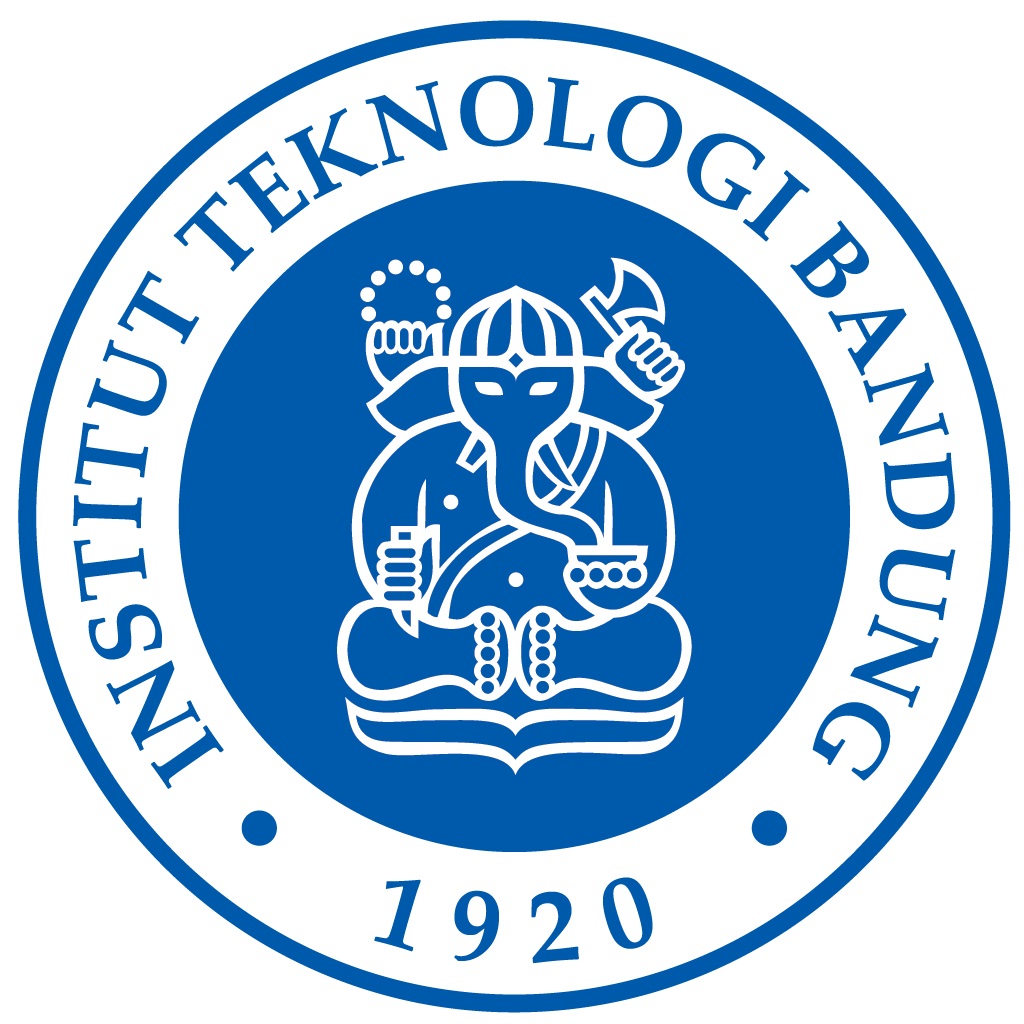

Chatief Kunjaya
Light pollution is the excessive use of artificial lighting which makes the night sky brighter than before, making stars or other celestial objects appear dimmer and the beauty of the night sky cannot be felt. Indonesia is a tropical country that crosses the equator which allows Indonesia to observe celestial objects in the northern and southern hemispheres. Indonesia has 73% of the area that has good night sky quality with low light pollution for astronomical observations, especially in the provinces of NTB and NTT the best because it has the driest climate compared to other regions in Indonesia. Sabu Island, which is located in East Nusa Tenggara, has a higher fraction of clear skies than other areas in Indonesia and has a high sky brightness value of around 75% of the fraction of sunny days, but as time progresses there will be an economic increase that is proportional to the increase in development. It is feared that this could damage the night sky resources of Sabu Island by reducing the brightness of the night sky due to light pollution, therefore mitigation efforts are needed. Protection of the night sky can be done by ensuring that as little human-generated light as possible is released into space. Lamps need to be covered with hoods so that the light is directed downwards, not up to the sky. So that the public and government have awareness about the importance of protecting the night sky, two things can be done, firstly, regulations are made regarding the protection of the night sky, secondly, socialization of these regulations is accompanied by training. To make regulations in the form of regional regulations, a scientific basis is needed. It is for this scientific basis that surveys, measurements and mapping of sky brightness are carried out. In this activity, sky brightness was measured at various points on the islands of Sabu and Raijua using a Sky Quality Meter (SQM) and comparing it with satellite data.
Measuring the brightness of the night sky at several points on Sabu Island and Raijua Island.
This project is useful for: 1. developing wider astrotourism on Sabu Island, 2. becoming a basis for the Sabu Raijua district government to create an academic text for regional sky protection regulations, 3. supporting Sabu Island to become a Geopark in the future.